
Marketing 3.0
From Products to Customers to the Human Spirit
Read or listen offline
Amazon KindleRecommendation
This book may revitalize tired marketing aficionados who are weary of the same old approaches. They will welcome the authors’ contention that their field is entering a new, transformational phase. Philip Kotler, Hermawan Kartajaya and Iwan Setiawan explain the tremendous commercial and social potential of “Marketing 3.0,” their name for a tactic that emphasizes reaching consumers by pursuing values that matter to them, like sustainability, public service and philanthropy. Even if the book is not groundbreaking, getAbstract applauds its refreshing belief in the potential power of strategic marketing initiatives based on an authentic regard for customers and social welfare. While this dual focus may be somewhat overambitious during challenging economic times, certainly corporate social responsibility has rarely been more important. The authors give it a boost by demonstrating how firms can use online social media to promote their values and their Marketing 3.0 cause-related agendas. Although some of the book’s examples of firms that have achieved a positive impact with Marketing 3.0 seem a bit daunting – or even overblown – they also provide provocative, inspiring marketing ideas.
Summary
About the Authors
Philip Kotler, a leading authority and author on marketing, teaches international marketing at Northwestern’s Kellogg School of Management. CEO Hermawan Kartajaya founded MarkPlus, where Iwan Setiawan is a senior consultant.








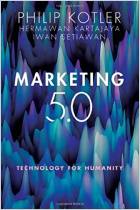
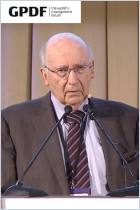
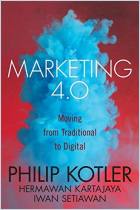

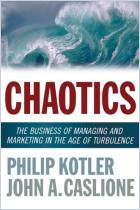
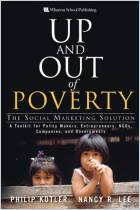


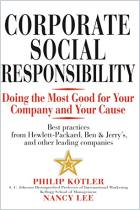

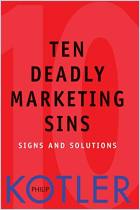

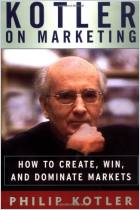

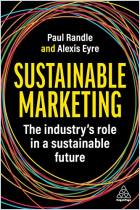
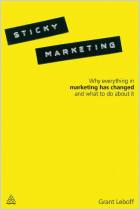

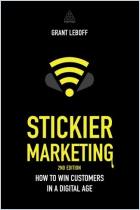








Comment on this summary